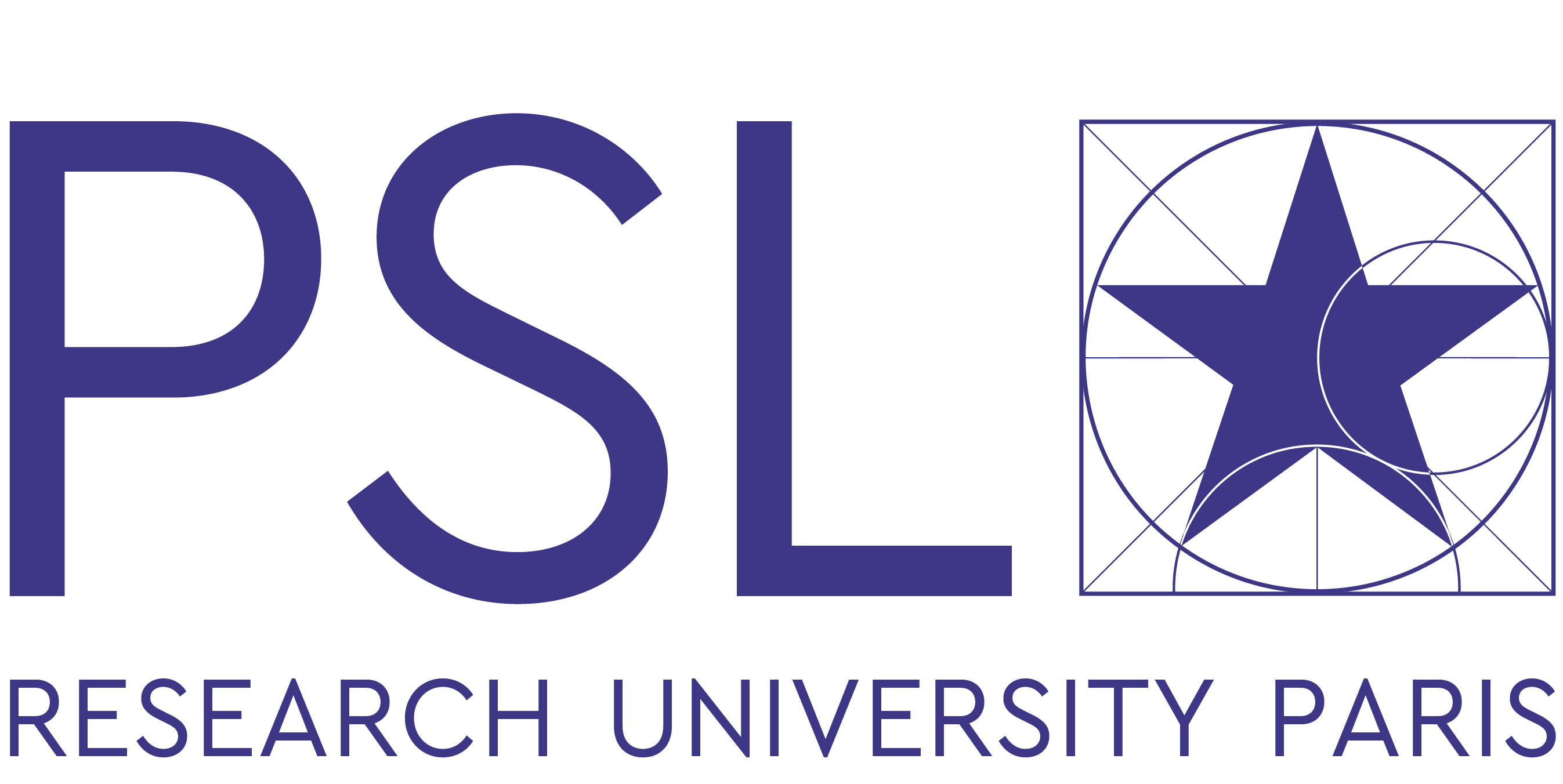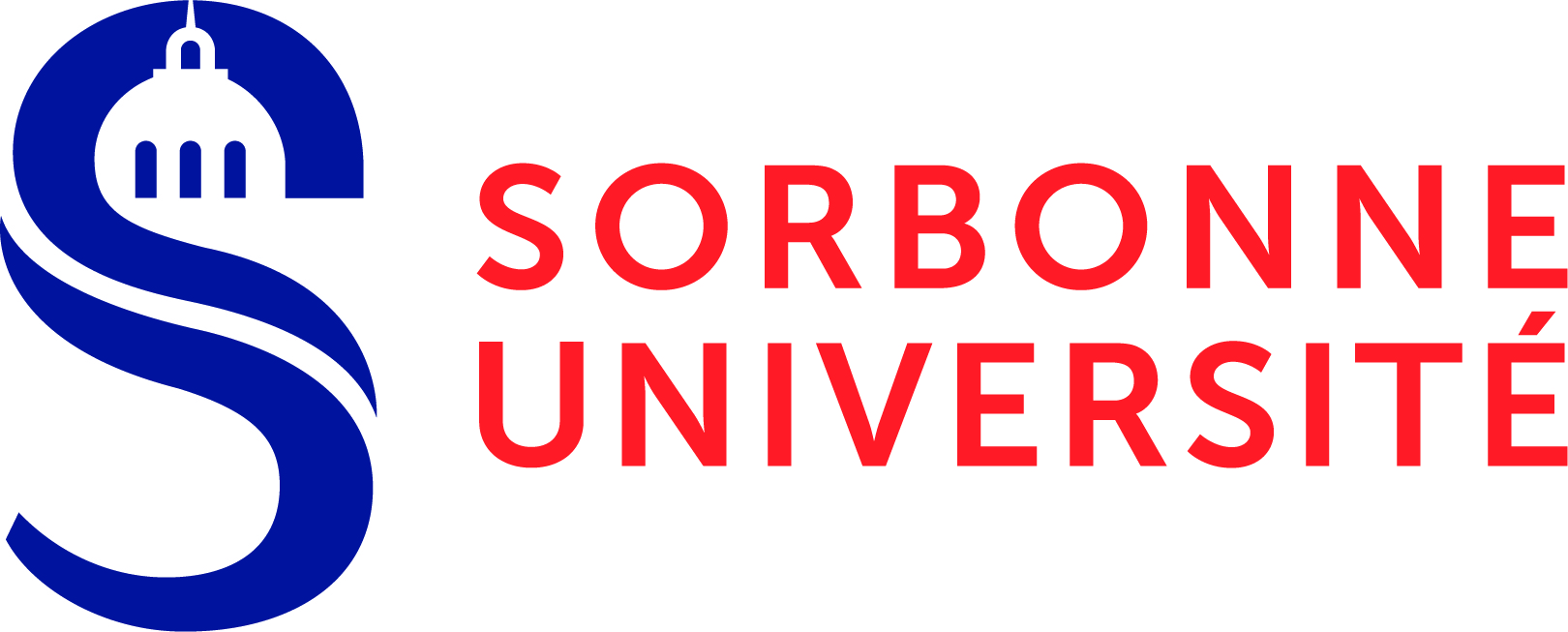Finding an accomadation
Finding an accomadation
Private accommodations
There are several websites for housing ads from private accommodations without the intervention of a private intermediary:
Renting without the intervention of a private avoids the additional costs (such as estate agencies, see 2) but pay attention to too attractive offers that can be scams. Do not pay anything until the accommodation has been visited and the lease signed.
Accommodation via an estate agency
You can also find an accommodation via an estate agency, but you must pay agency fees of about 500 euros for the realization of the rental documents. Be careful not to pay anything (even accommodation lists) until you have visited accommodation and signed the lease.
On the internet www.seloger.com gathers the ads of the estate agencies.
Accommodation in private student residences
Accommodation in private student residences provides furnished accommodation with equipment and all amenities.
Accommodation in exchange for household help
It is possible to find an accommodation with a low budget by renting rooms against services (babysitting, living with elderly people with the obligation to do the shopping and cleaning, ...). You can contact the associations that deal with them:
- www.leparisolidaire.fr
- www.concordalogis.com
- www.logementintergeneration.org
- www.ensemble2generations.fr
Associations / organisations
There are several associations or organisations that help young workers to find private accommodation, collocations, ...
- Association Logement Jeunes Travailleurs en Île-de-France: www.aljt.com
This association facilitates the accommodation of active young people (between 20 and 32 years) in Paris and its suburbs and offers rents from € 380 per month all inclusive (rent, water, electricity, heating, bed linen and services). No security deposit or guarantor is required.
- Science home: www.science-accueil.org/fr/infos-direct/logement.html
This association lists all the offers of furnished accommodation offered by professionals and private in Yvelines, Essonne and Paris: room with the inhabitant, small or large apartment and house. Depending on the location, Science accueil offers rents from 700 euros for a 2-room apartment.
A deposit of one or two months’ rent is required. A furnished accommodation lease cannot exceed 12 months but is renewable.
- Héberjeunes: www.heberjeunes.fr
This association helps students, young employees and PhD students to find an accommodation in Paris and in the South area of Paris. In exchange for an annual subscription of 5euros, Héberjeunes sends you weekly the list of its free accommodations: rooms in the inhabitant, studios, collocations in house and flat, accommodation in exchange for household help, ... Héberjeunes proposes rents from 460 euros for a studio.
Rental files and moving-in
- Tenant’s file
To rent an accommodation, you will need to constitute a file. A PhD student has the double status of student and employee, but it is recommended to constitute your file as an employee because it is more appreciated by the owners of accommodation.
The documents needed are listed below:
- copy of your identity card / passport.
- copy of the proof of funding for the duration of your PhD (with salary and duration) or copy of your employment contract or written statement from the employer/funding organism.
- three last remuneration statements.
- last tax notices.
- three last rent receipts of the previous accommodation or attestation of the previous lessor indicating that the tenant is up to date of his rents and charges or certificate of accommodation with copy of the identity card of the host if hosted with family.
- bank transfer information (in the case of automatic debits)
If you do not have the three last remuneration statements yet, you can negotiate and commit to providing your first remuneration statements when you receive it.
- Finding a guarantor
If your income is less than about 4 times the rent, you will need a guarantor. It is often required by the owner. The guarantor is somebody with enough income that swear to pay in your place if you default.
Several further documents are required from the guarantor (Id card, salary proof, taxes, proof of living...).
There is possible help from the administration for foreign PhD students to get a guarantor:
Garantie Visale, or from CROUS: Visale
You may check their web site directly: Visale.
- Bail
Usually, 1 months worth bail is required. You get it back when leaving the flat. Any repair will be deducted.
- Lease
Once your application is accepted you must sign a lease. It binds you for one year for a flat with furniture, and three year for an empty flat. You can terminate it befaore by sending a registered letter at least one month (with furnitures) or three months (without) in advance.
You can use the lease as a proof of lodging during the first months of your stay. Then you have to use invoices (electricity, phone, ...).
- State of the premises
Before entering or leaving your lodging an official "state of the premises" document is established and signed by both contractors. Be careful to add all defaults on it when entering the flat, or else you may have to pay for it when leaving.
If repairs must be done, resulting from a normal waring of the premises, the owner has to pay. If you break something by accident, then you must pay. Check with your insurance.
- Home insurance
It is mandatory. You have to provide it when entering the flat (usually when visiting for the state of the premises). As a student, you are eligible with, e.g., LMDE www.lmde.fr or SMEREP www.smerep.fr.
Getting help
Some financial help may be asked to:
- Students: www.caf.fr
- Employees: www.locapass.fr
 Doctoral School of Paris and Surroundings
Doctoral School of Paris and Surroundings






